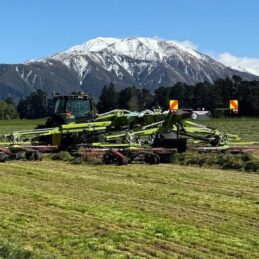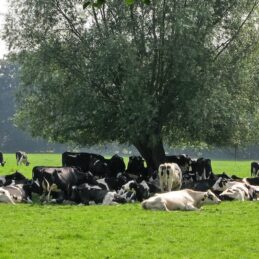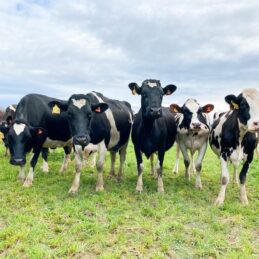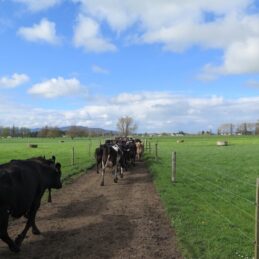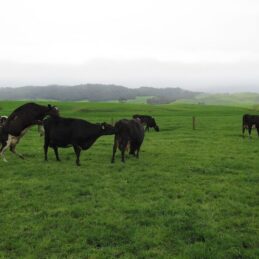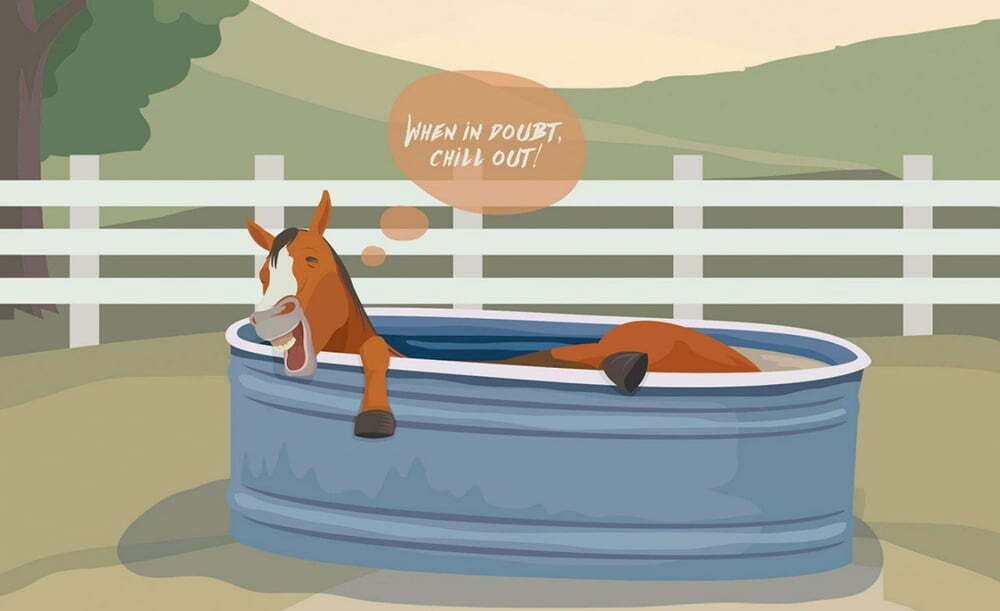
As we approach the summer months, not only does the weather heat up but so does the competitive season for horses.
Whatever discipline your horse competes in, the general stress level through exertion can be compounded by the effects of heat in terms of temperature and humidity. Once the environment is above a specific temperature and humidity level, this can cause heat stress in horses. Heat stress will present itself as restlessness, lethargy, an erratic heartbeat, excess salivation, excess sweating, or no sweating when it would be expected, as well as muscle spasms and a stumbling gait.
Water is often overlooked in an overall diet but is an essential component, especially in hot weather and/or periods of intense exercise. As a rule, horses need 5-6 litres of water per 100kg body weight. So, a 15.2hh 500kg mare would require 25-30 litres, the levels increasing as work becomes more intense. Horses can lose 10-15 litres of sweat / hour1 when exercising and can continue to sweat when cooling down. The loss of electrolytes can result in alkalosis, leading to poor performance and can cause painful conditions such as tying up (rhabdomyolysis). When horses become dehydrated and lose electrolytes, they are more susceptible to heat stress2.
As well as ensuring sufficient clean fresh water is available, an electrolyte is a great addition to aid in the recovery from excessive fluid loss following heavy work. Danelyte® is a palatable powder that can be added to feed or water and made available both before and after work.
Water can also help to cool the horse externally, ensuring that enough is used to prevent conditions like a sauna with the humidity effects and worsening the issue. Shady areas, spaces with increased airflow and working at cooler times are great options, whilst acknowledging that it is much easier to provide beneficial conditions when at home but more difficult to come across them at all competitions.
In the past, issues with heat stress have been linked with blood flow moving away from the gut to help dissipate heat from the skin, therefore, causing an increased risk of colic. More recent research has also looked at the damaging effect of reactive oxygen species (ROS) caused by exertion during exercise and through the impact of high temperature and humidity3.
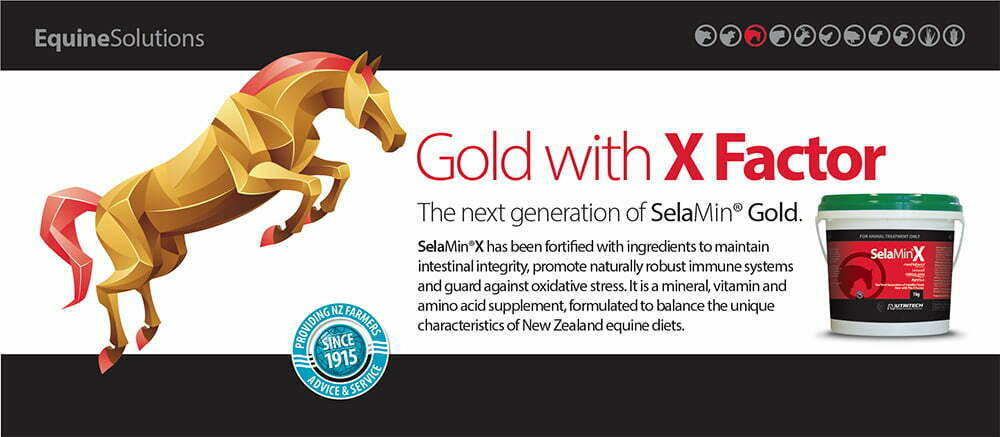
Two Nutritech products, Melofeed® and Alkosel®, act as the first line of antioxidant defence. By working together, they can prevent reactive oxygen species (ROS) from forming and reduce oxidative stress. Melofeed® is a specific freeze-dried melon juice concentrate which is naturally high in superoxide dismutase (SOD) and catalase (CAT), primary enzymes of the antioxidant defence system. Melofeed® stimulates the production of SOD, CAT and glutathione peroxidase (GPx) – antioxidant enzymes. When fed alongside Alkosel® (organic selenium acting as a cofactor of GPx), they can prevent the formation of ROS and reduce oxidative stress. When levels of ROS reduce, this can help with a more controlled inflammatory response with less cellular damage. This is more specifically seen through a reduction in creatine phosphokinase (CPK) levels which are often used as markers of cell membrane integrity in muscles. Disruptions of cell membranes due to free radical attack induce enzyme release in blood, CPK is one of these. Any tissues damaged through strenuous work will more easily be regenerated through the supplementation of Melofeed® and Alkosel® and consequently improves your horse’s resistance to physical effort.
A trial carried out by Lallemand in France from July 2013 demonstrates this. Lallemand is a global company specializing in developing, manufacturing and distributing yeast and bacteria with a long history in this field (having opened their first yeast production facility almost 100 years ago).
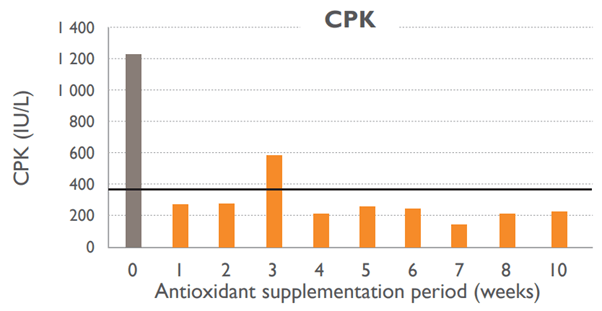
Table 4: The relationship between antioxidant supplementation and CPK levels in horses at work.
In this trial, horses were supplemented with Melofeed®, Alkosel® and Vitamin E. CPK was measured as a marker in blood; CPK levels peak 3-4 hours after the physical effort and return to basal values in 24-72 hours. The first value (0) shaded in grey, represents the mean value before antioxidant supplementation. The horizontal black line represents critical reference values, set to 370 IU/L for CPK. Horses in the group present high initial values for CPK. CPK values are kept below the critical value of 370 IU/L from the 1st week of antioxidant supplementation, and this continues throughout the duration of the trial.
Melofeed® is included as part of Nutritech’s product SelaMin®X, a comprehensive vitamin, mineral and amino acid supplement. Muscle ReliefTM contains both Melofeed® and Alkosel® as well as Vitamin E.
For further information on Danelyte®, Melofeed® and Alkosel®, or Selamin® X and Muscle ReliefTM, get in touch with your Nutritech Area Sales Manager.
- Flaminio MJ, Rush BR. Fluid and electrolyte balance in endurance horses (1998). Vet Clin North Am Equine Pract.; 14(1):147-58.
- Heat Stress in Horses: An Overview (2011). Kentucky Equine Research Staff.
- Zuo L, Christofi FL, Wright VP, Liu CY, Merola AJ, Berliner LJ, Clanton TL. Intra- and extracellular measurement of reactive oxygen species produced during heat stress in diaphragm muscle. Am J Physiol Cell Physiol. 2000 Oct; 279(4):C1058-66.

